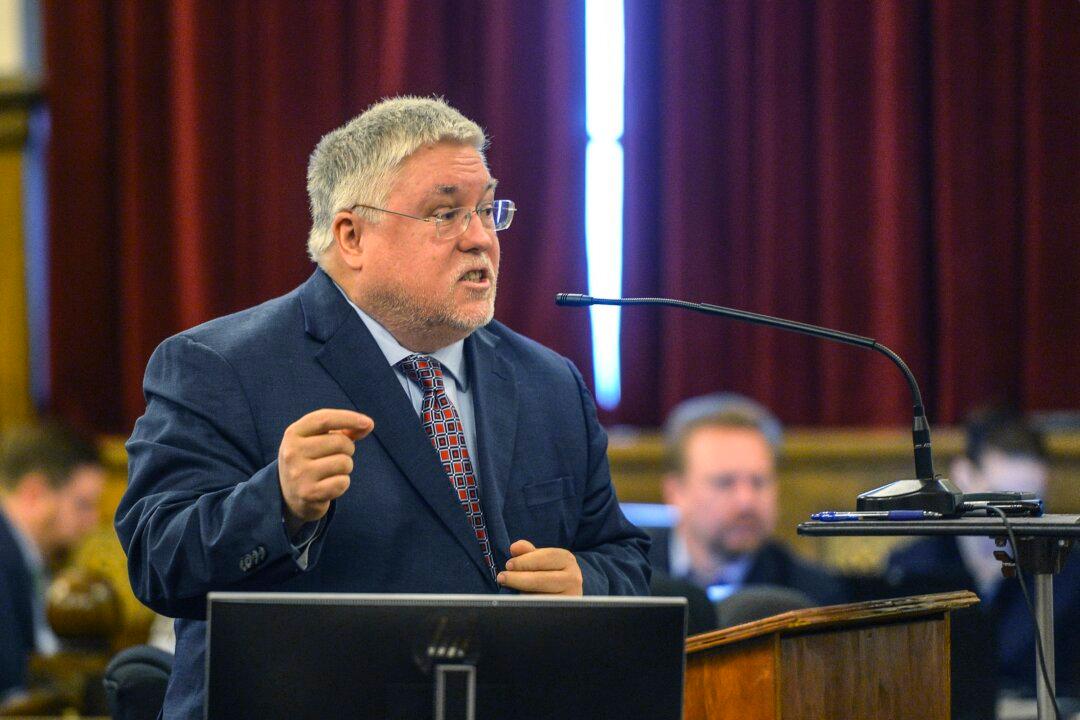Republican West Virginia Attorney General Patrick Morrisey is adding his voice to calls for the U.S. Department of Justice to move its latest case against former President Donald Trump out of the District of Columbia and over to his state.
“Donald Trump is not going to get a fair shake in DC, the home of the Swamp,” Mr. Morrisey said in a post on X on Thursday. “If prosecutors insist on proceeding with this politicized case, they should move the venue to West Virginia. West Virginians believe in upholding the rule of law and don’t support a double-standard of justice. #VenueWV.”





